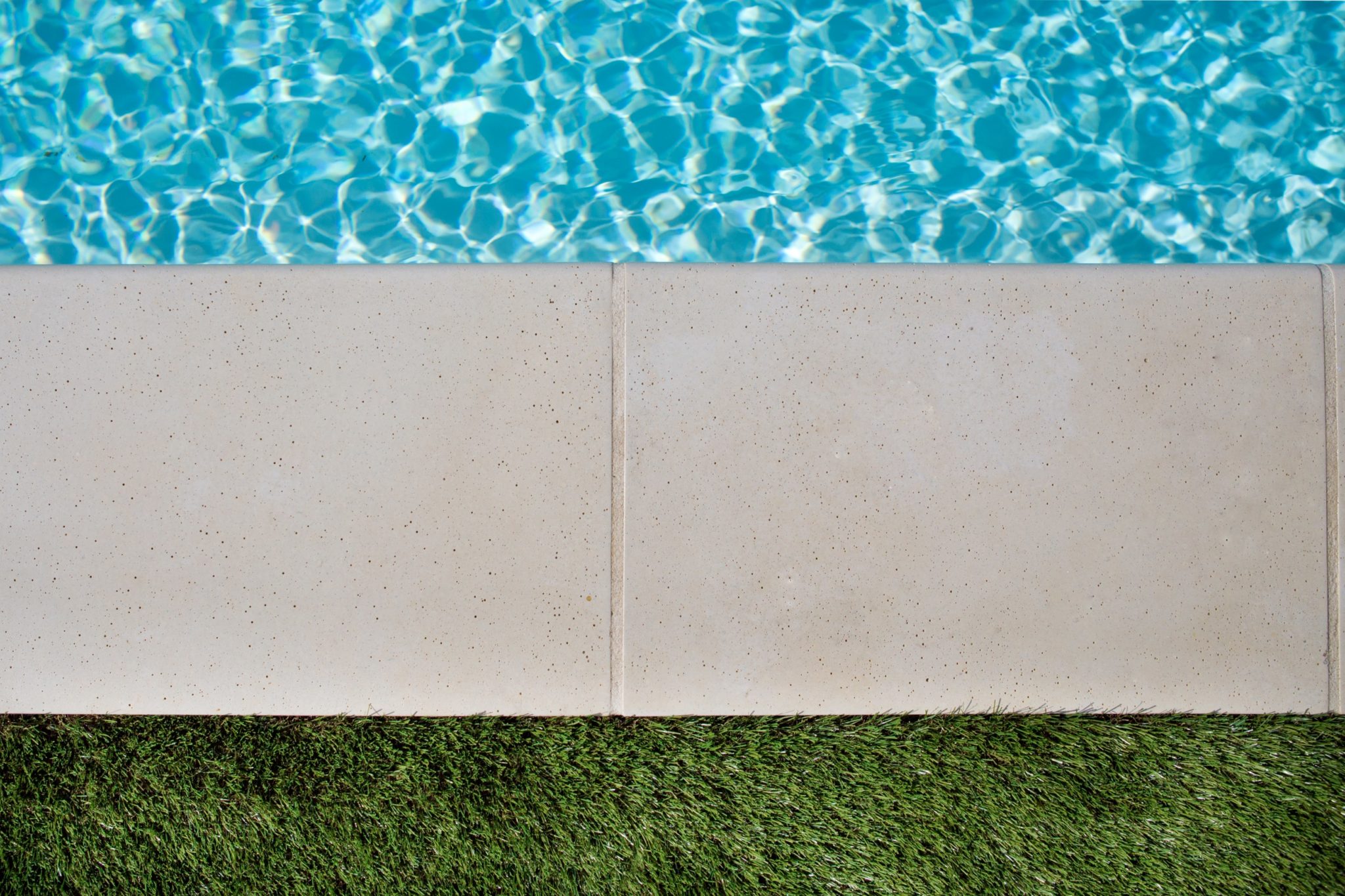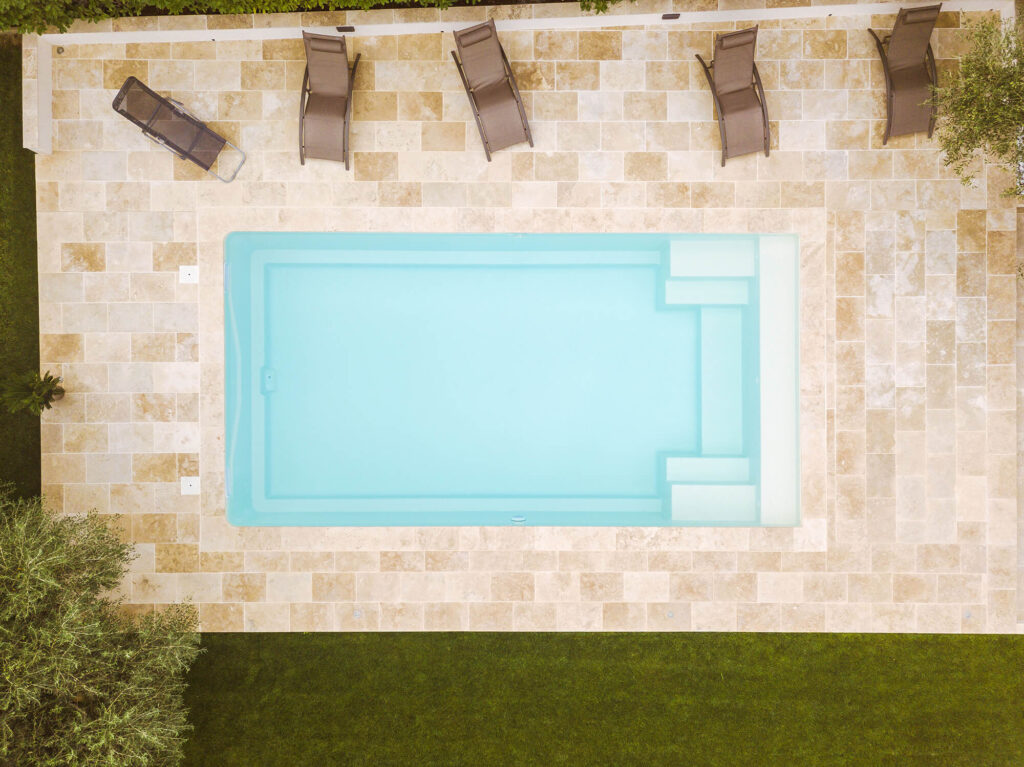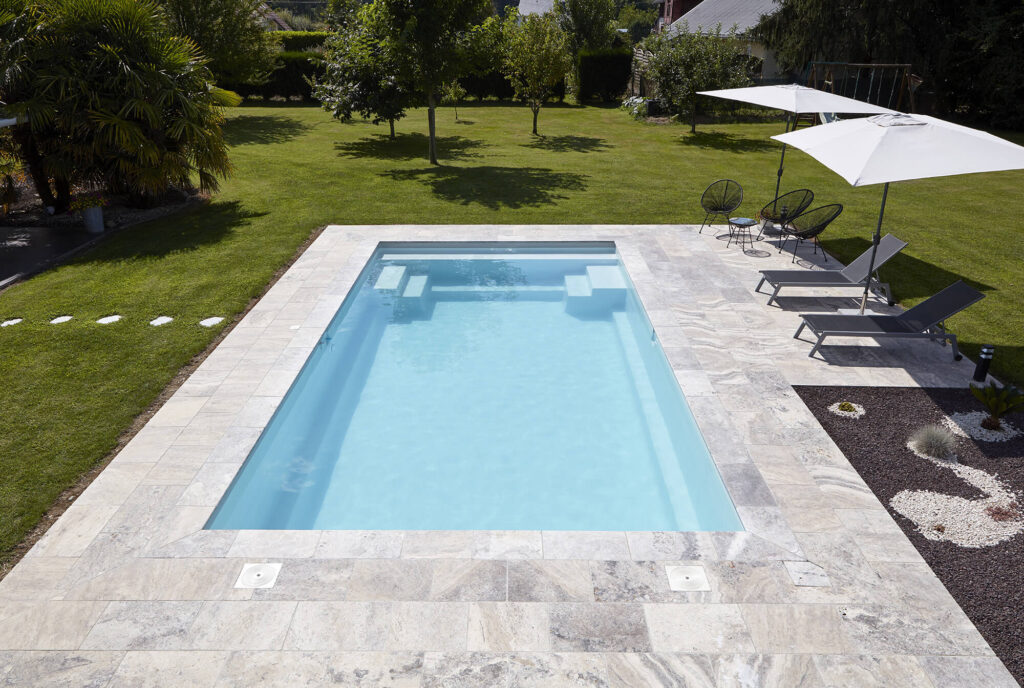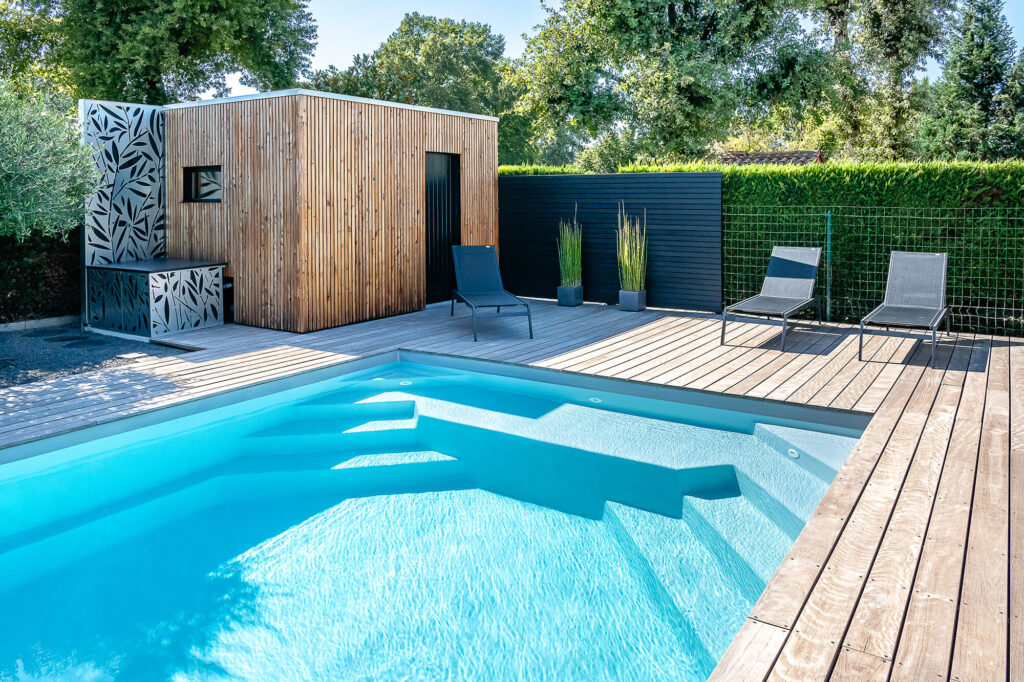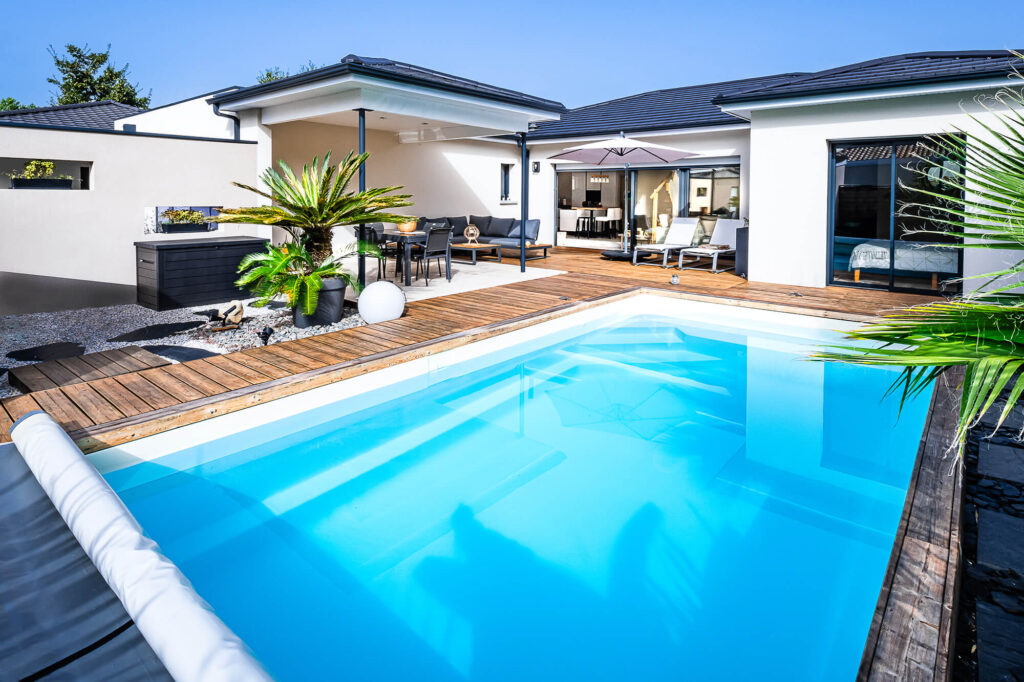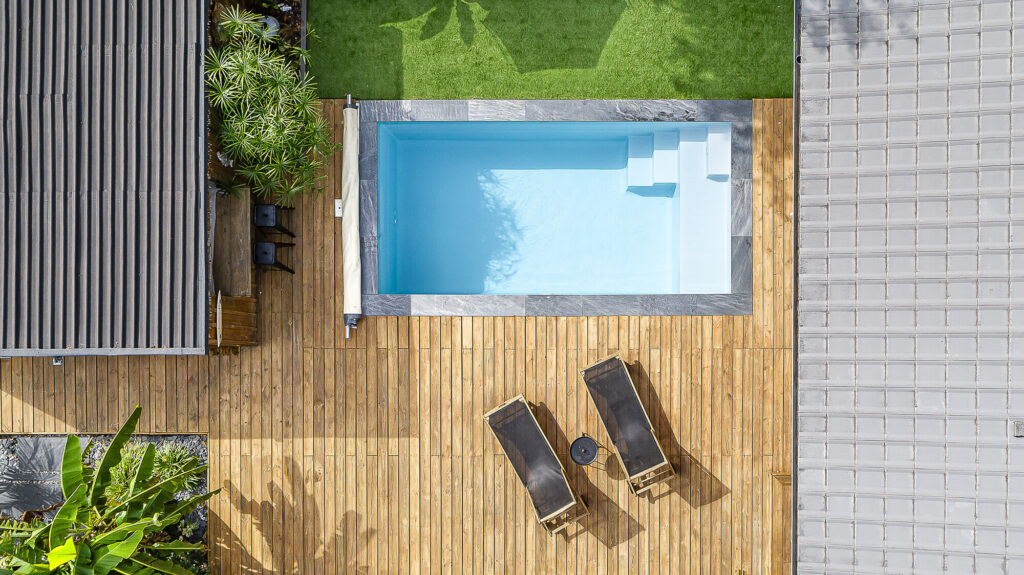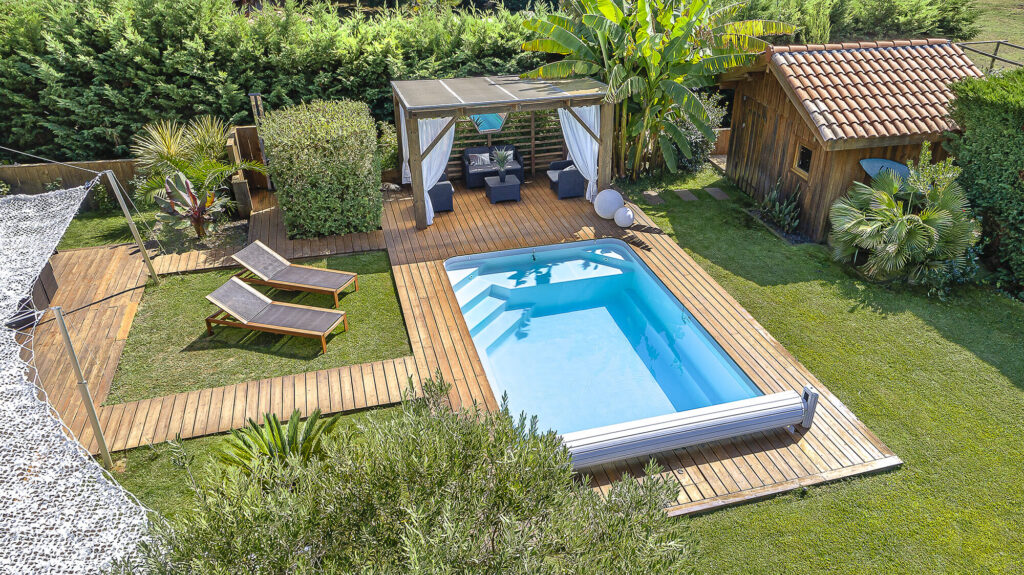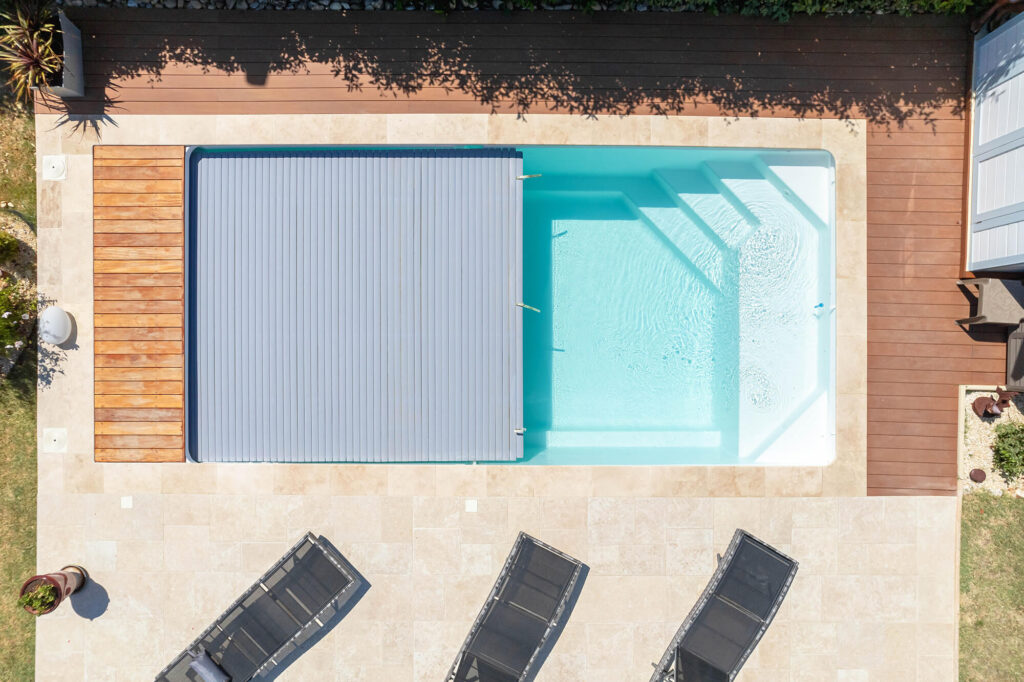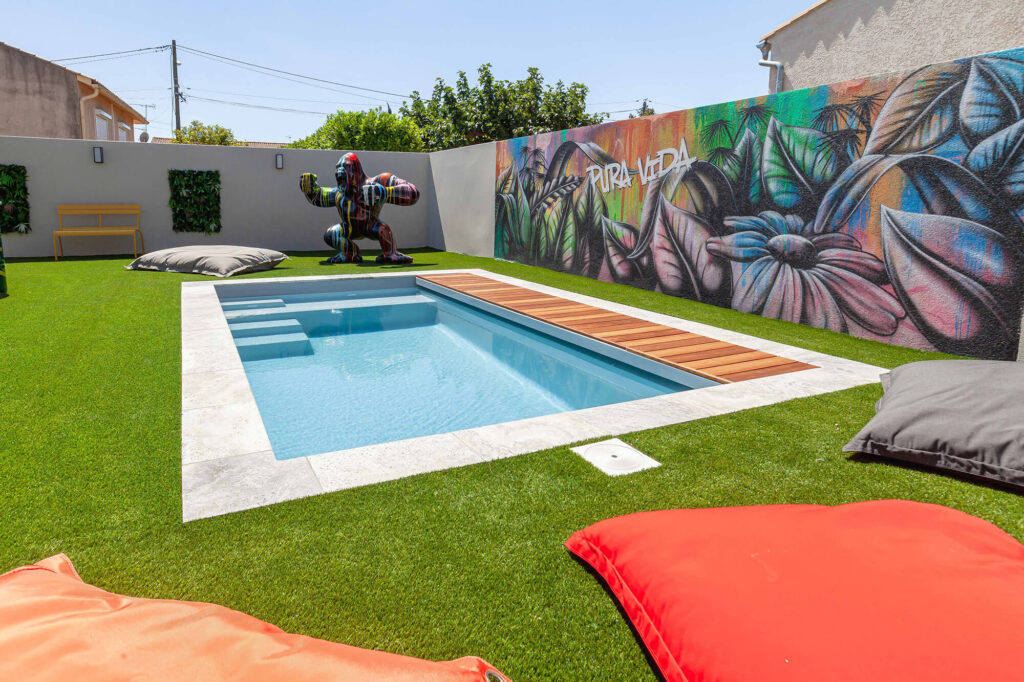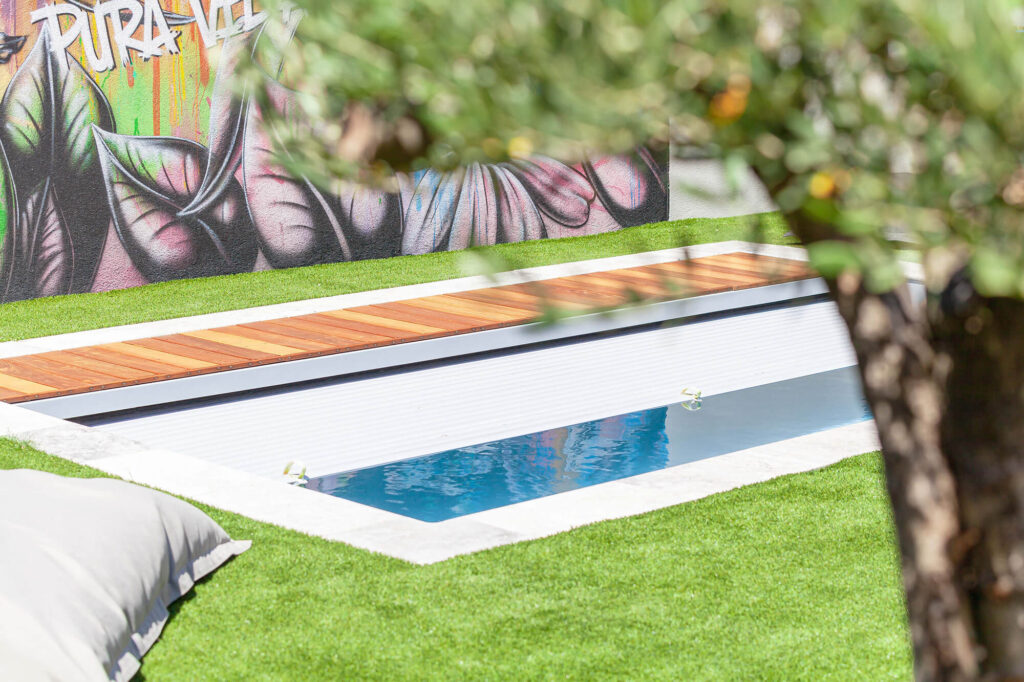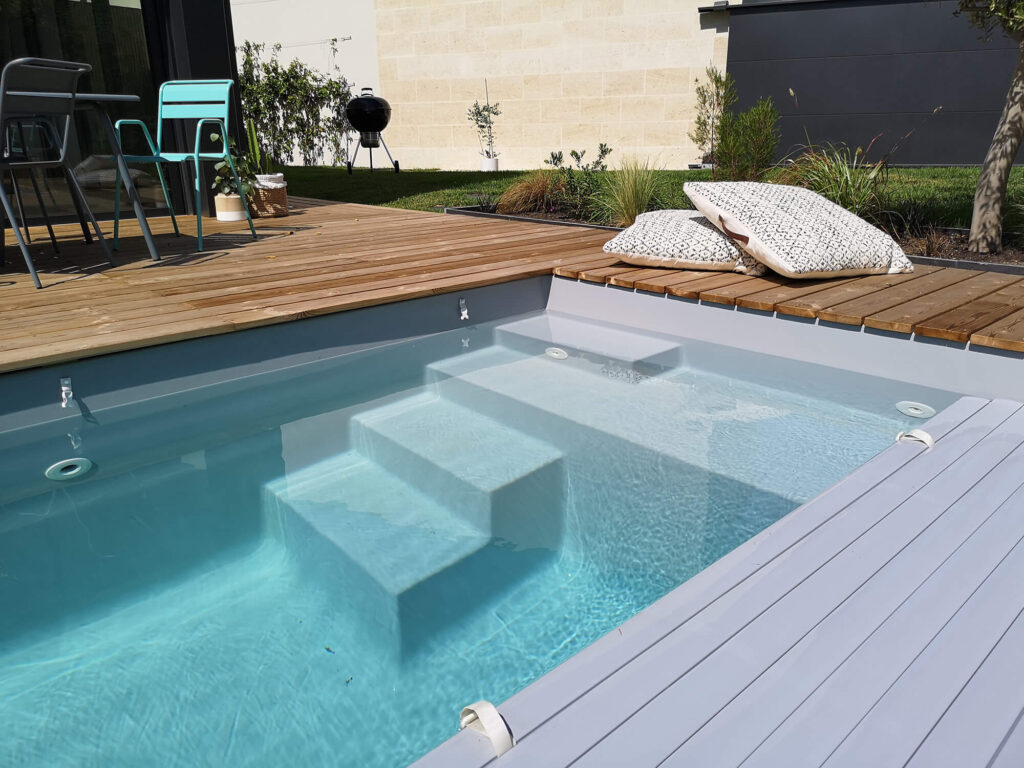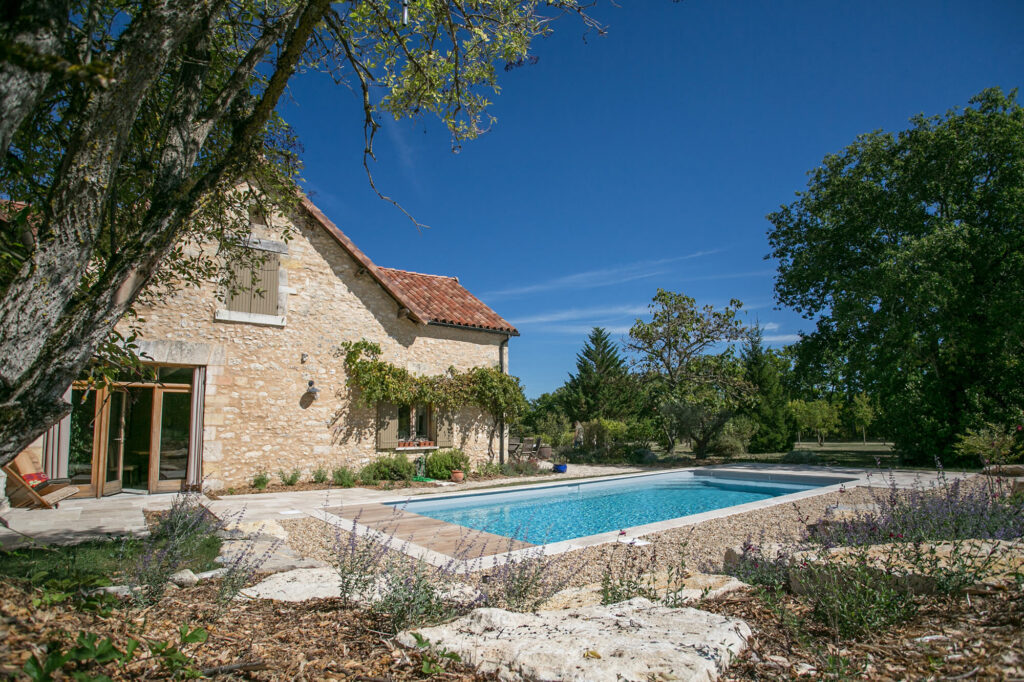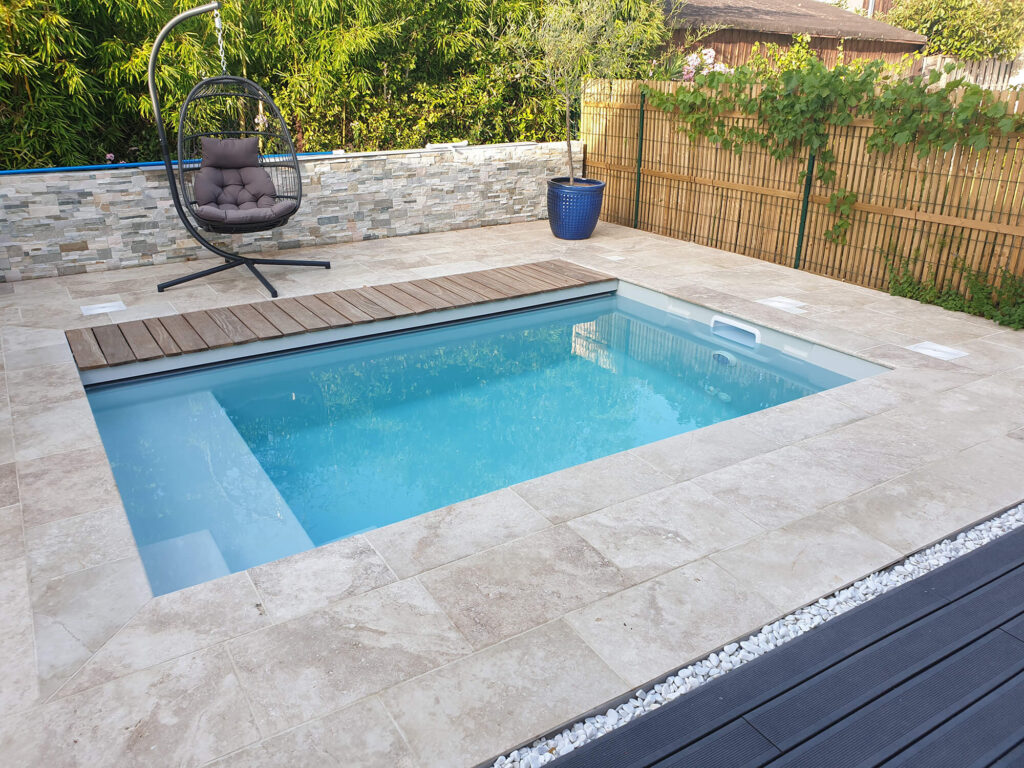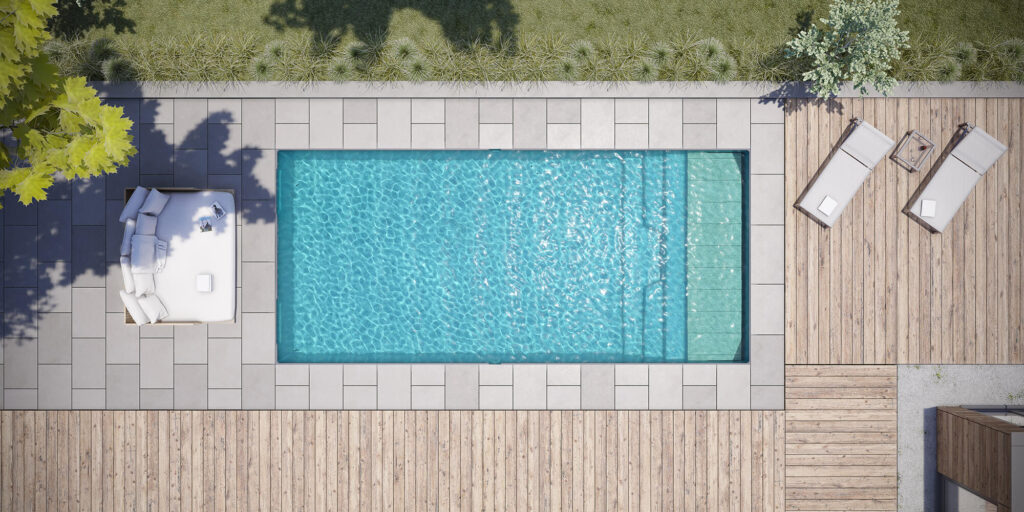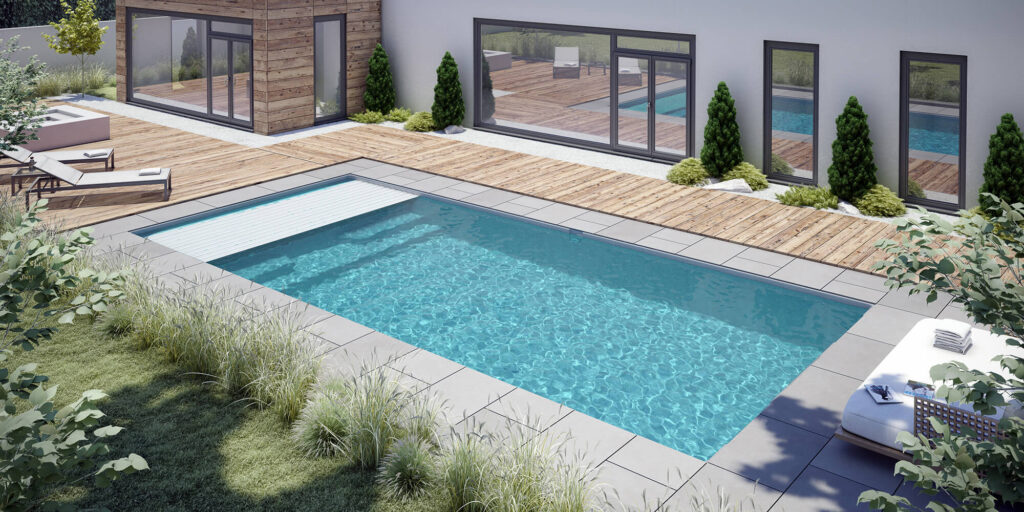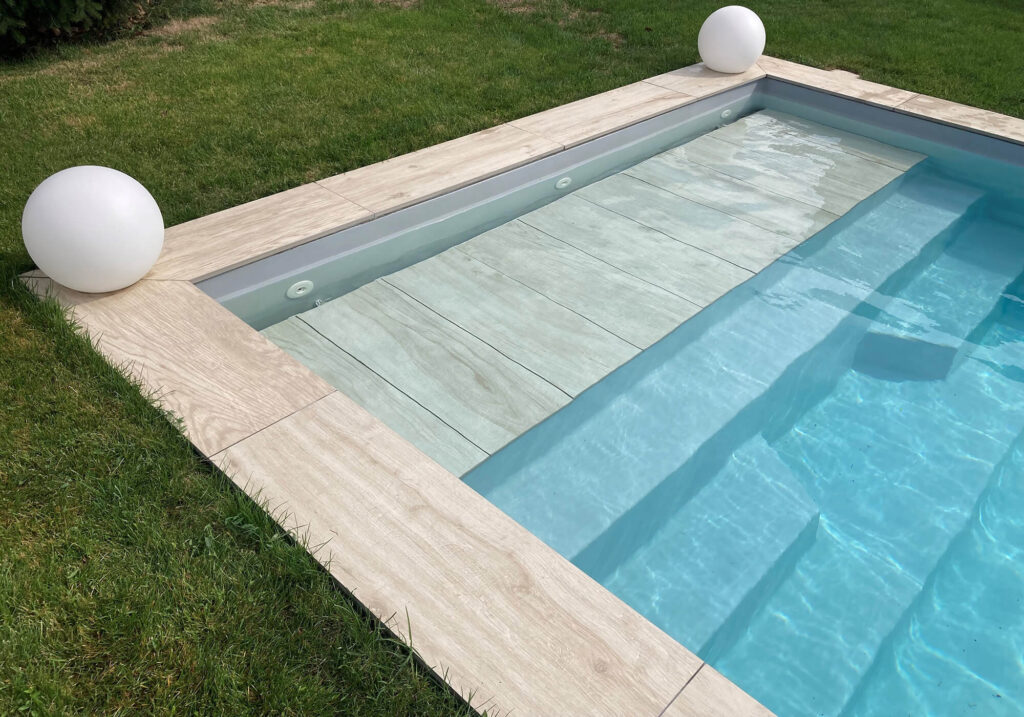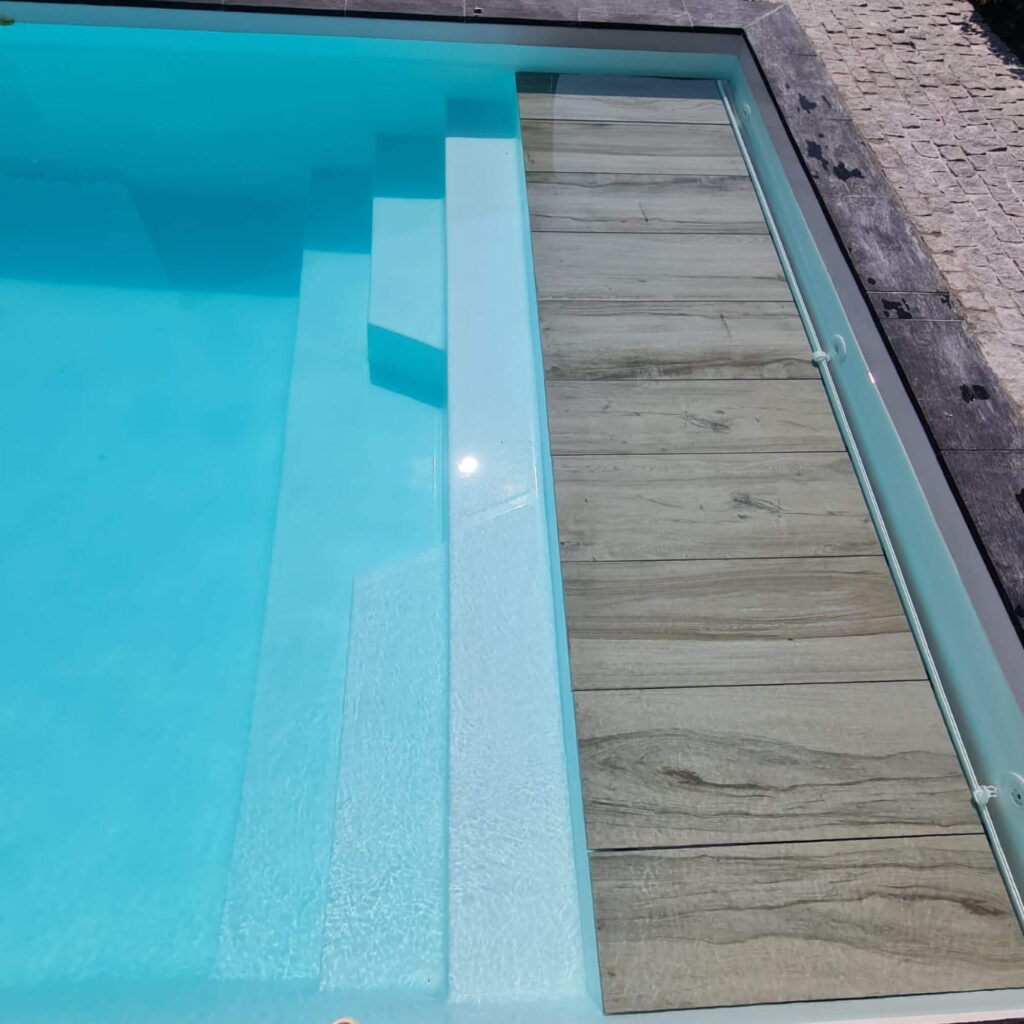A pool filtration pump ensures good water quality. The pump is like the lungs of your pool: it creates a current in the pool, allowing water to circulate through the pipes. If your filtration pump isn’t working, the water stagnates, encouraging thegrowth of algae and other parasites.
In the event of a breakdown or malfunction, it’s imperative to replace your filtration pump as soon as possible to preserve the water balance in your pond.
How long does a pool filtration pump last?
The lifespan of your filtration pump depends on the quality of its manufacture. Choosing a reliable pump model guarantees better durability over time. Its wear and tear will also depend on the use and maintenance it receives over its lifetime. There’s no fixed lifespan for a pool pump: some pumps will last less than 5 years, some up to 8 years, others longer.
Why replace your pool pump?
Do you have any doubts about the operation of your pool’s filtration pump? You can easily check its condition. The transparent cover on your system lets you see that the water is moving. If the water stagnates for several minutes, your filter pump is probably broken or damaged. On the other hand, if you notice “turbulence” and water movement, your pump is in good working order. While some parts can be replaced over time (seals, condenser, cover, etc.), when your filtration pump breaks down or develops a leak, you need to replace it quickly.
How to choose the right pool filtration pump?
To choose your new pool pump, you’ll need to take into account the characteristics of your pool and its filtration system.
How much water does your pool hold? What type of filter do you use: sand, diatomaceous earth or cartridge?
You’ll also need to take into account your needs, and your budget: depending on the model you choose, the price will vary greatly.
The different pump types available
On the market, you’ll find pool pumps with different technical specifications. It’s important to bear in mind the differences in features on offer.
Power and flow rates vary according to model. Some pumps have a pre-filter, others do not. Some pool pump models are salt-compatible, others only work in fresh water. There are self-priming pool pumps. Noise level is also an important factor, as some pool pump models are noisier than others. Pool filtration pumps can be single-phase or three-phase: to choose, you’ll need to check compatibility with your electrical installation. Aboral offers a wide range of filtration pumps and advice. Find out more on our dedicated page.
here.
Single-speed and variable-speed pumps
A single-speed pool pump always operates at the same speed, while a variable-speed pump allows you to adapt its power to your use and the condition of your pool. With a variable-speed pool pump, you can adapt operation to your needs: for example, lower the speed when the pool is not in use, or increase it when there are a large number of bathers.
Self-priming pumps
Self-priming pumps are equipped with a mechanical device that activates the pump when the water fills the pre-filter.
Pumps with integrated pre-filter
Some pool pump models feature a pre-filter to collect impurities. The result is significant water savings and filter protection from clogging.
Trouble with your pool filtration pump? Find out how to repair it
Despite cleaning the filter and checking the power supply, your pool pump has broken down? In the event of abnormal noise, fractional operation (frequent stopping and restarting), you may choose to replace your pool pump. Follow this link to find out how to replace a pump quickly and easily.
Configure your pool online Back to news